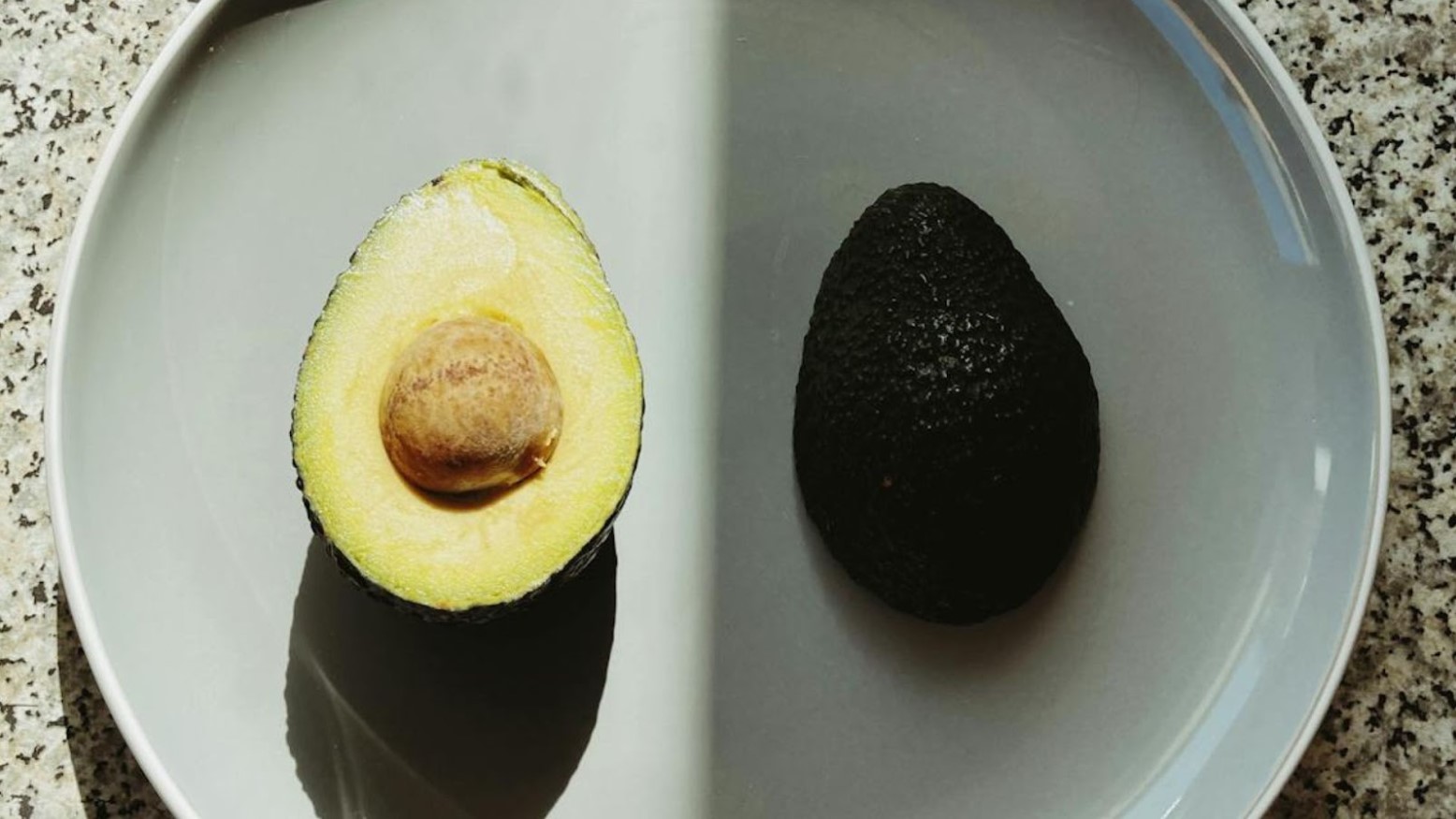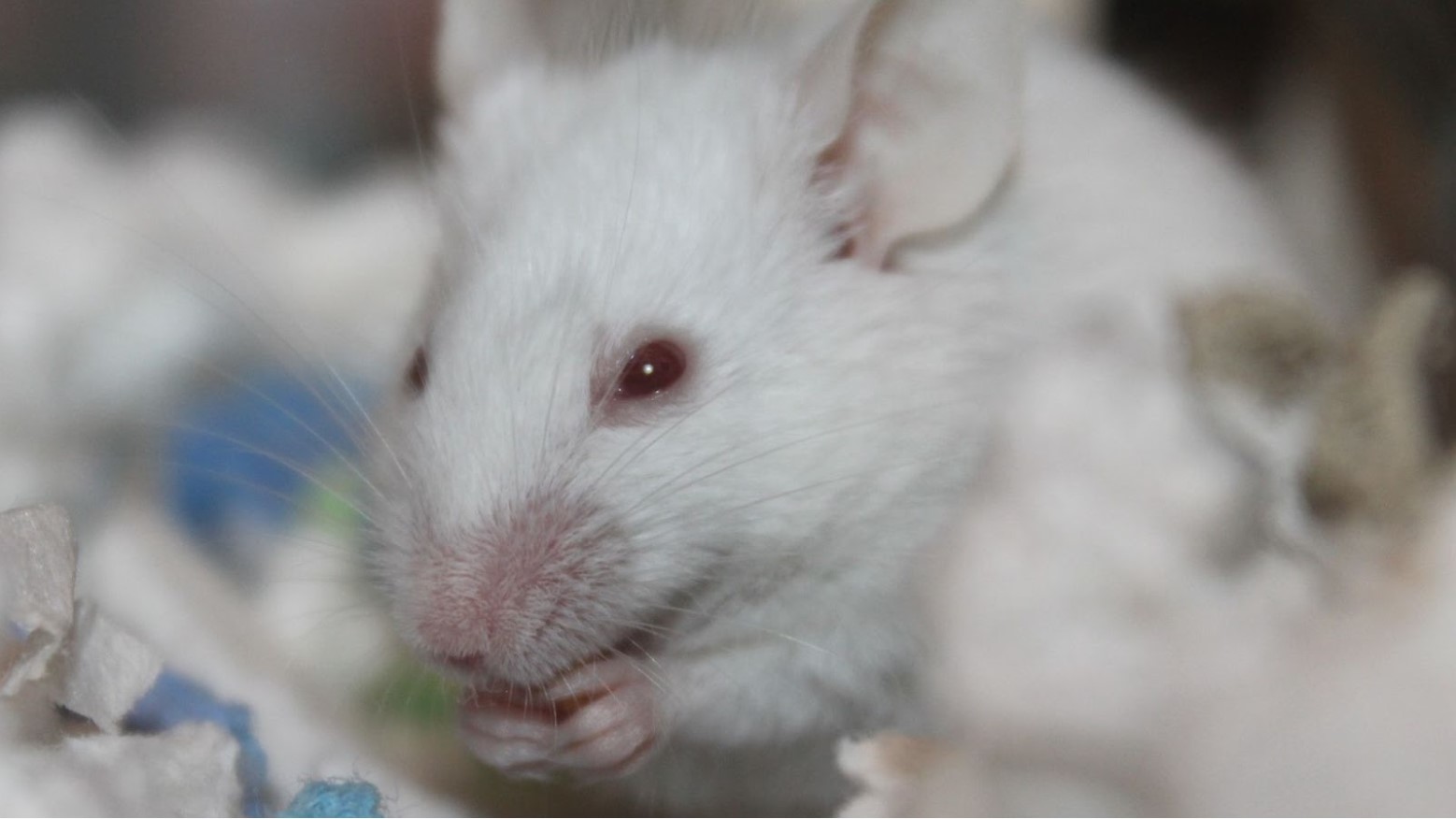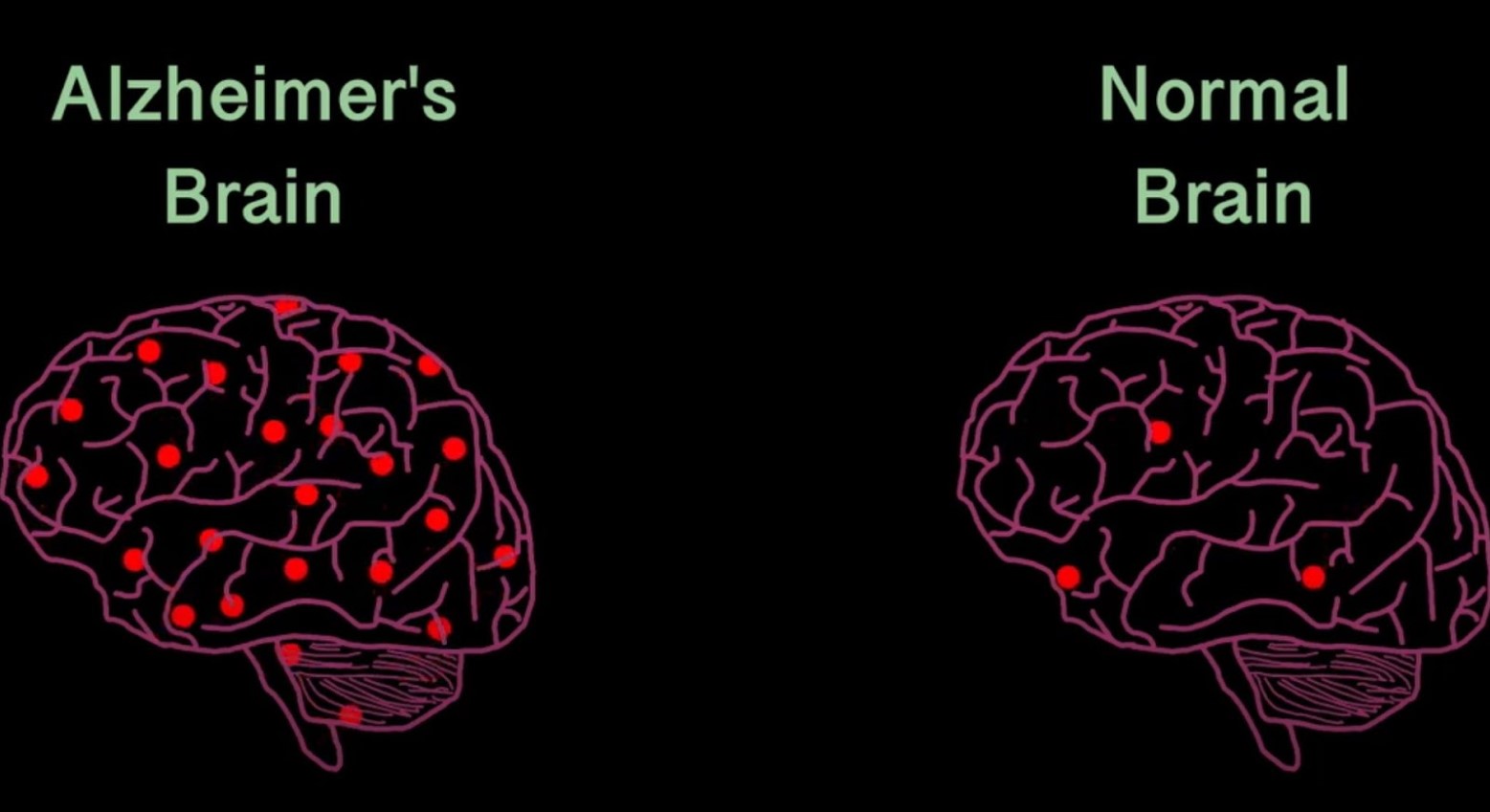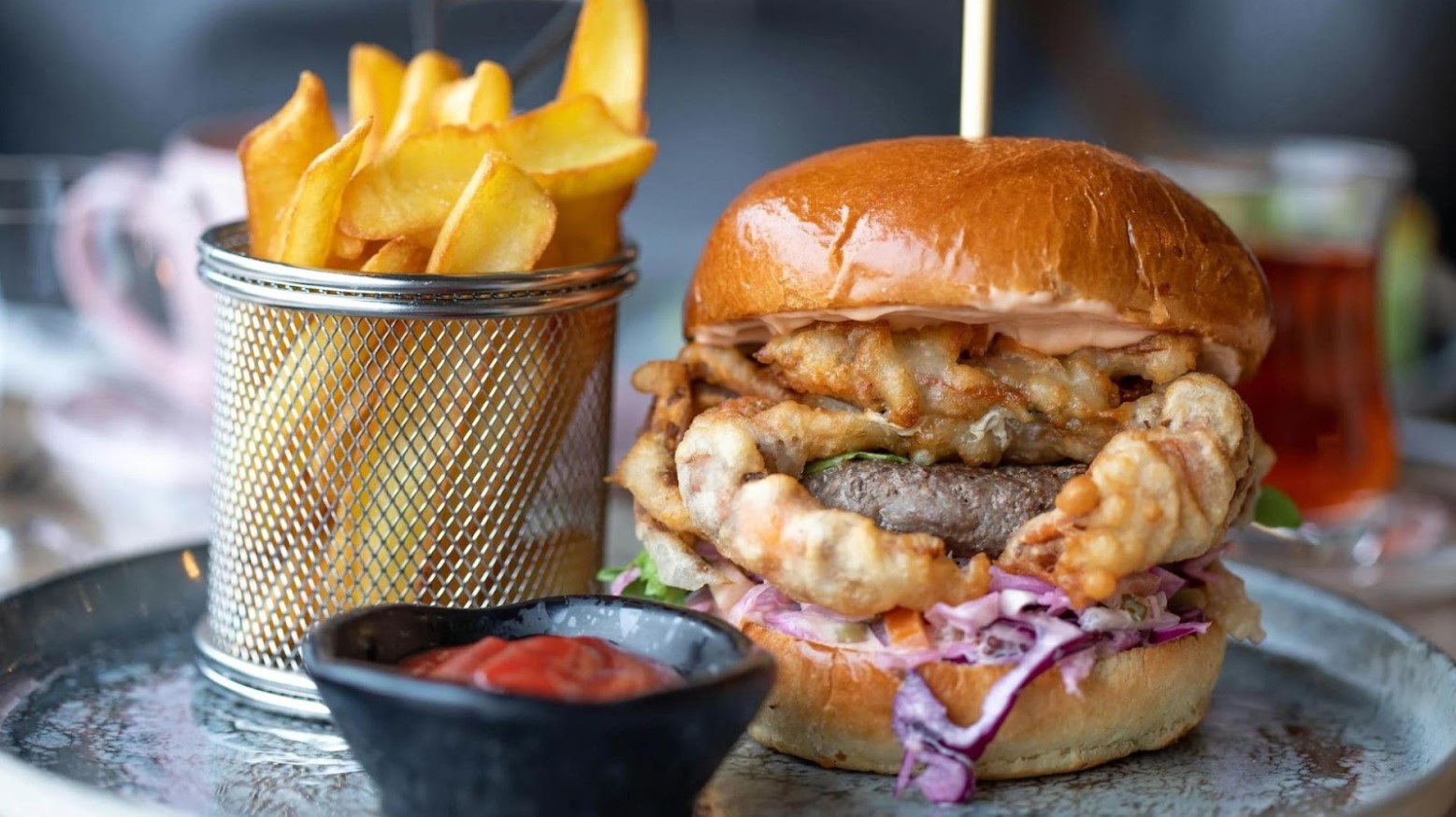With many people facing the reality that their loved ones are living with dementia and struggling to remember various things, many are looking for a cure.
Even though a cure isn’t currently available, a recent study has suggested that a keto diet could delay memory loss in those diagnosed with dementia.
A Keto Diet Is a High-Fat Diet

According to Medical News Today, a keto diet consumes sugar reserves in the body and causes it to break down fat for energy. It is typically used by people trying to lose weight.
While it has many benefits, it can also cause health risks such as kidney stones, excess protein in the blood, mineral and vitamin deficiencies, and a buildup of fat in the liver.
The Study Used Mice

As the study is in its early stages, Medical News Today has reported that it only used mice to test this theory.
Scientists have said this is important to know, as just because a keto diet worked on mice doesn’t necessarily mean it will work on humans.
Mice Were Given Different Diets

Throughout the study, published in Communications Biology, mice were split into two groups: one group was given a keto diet and the other a carbohydrate-rich standard diet.
Females had higher levels of BHB and brain enzymes, which are known to support memory. They also found that the male mice who were later switched to a keto diet saw improved spatial memory.
The BHB Molecule Has Been Found to Delay Dementia

The study on the mice saw an increase in the beta-hydroxybutyrate (BHB) molecule, which scientists have linked to delaying memory loss in those with dementia.
Previous Dementia Studies Have Been Discredited

One previous theory behind the cause of dementia was that beta-amyloid plaques inflamed brain cells.
But as it was then found that there were people with these plaques who never developed dementia, Science reported that this study had since been discredited.
A Keto Diet Can Reduce Neuroinflammation

It was previously believed that because a keto diet is high in fats, it could promote neuroinflammation that could worsen cognitive health.
However, Aging and Disease has published a study that suggests as long as the right fats are consumed, this can actually reduce neuroinflammation and help activate multiple molecular and cellular pathways.
Neuroprotective Elements Are in Certain Fats

The ability for a high-fat diet, such as keto, helps reduce neuroinflammation as long as certain fats are consumed.
This includes omega-3 fatty acids, fat-soluble carotenoids, and vitamins, and it is these that help with neuroinflammation and oxidative stress.
Excessive Saturated Fats Can Lead to Further Health Problems

Even though a high-fat diet might potentially help delay memory loss, the World Health Organization has outlined some of the other health concerns this might lead to.
This includes obesity, coronary heart disease, and certain types of cancer, which is worth being wary of should anyone decide to take up this diet.
There Are Other Ways to Boost BHB Levels

If you want to boost your BHB levels, it is recommended that you see a doctor first to determine what might work for you.
But aside from a keto diet, Dr. Axe has suggested taking BHB supplements, which may be in preference if you want to avoid what is known as the keto flu.
Findings Don’t Necessarily Mean a Keto Diet Can Delay Memory Loss

Scientists of the study made one important note: While the results are promising, they don’t guarantee delaying memory loss in human dementia patients.
They have urged that people with dementia not adopt a keto diet to delay memory loss, as while the animal model of dementia is similar to the human model, it isn’t the same and could end with a different result.
A 2025 U.S. Study Could See Whether Cognitive Decline Is Preventable

The Alzheimer’s Association is set to release the results of a study in 2025 on whether various lifestyle interventions can prevent cognitive decline in adults.
One of the lifestyle interventions that will be examined is diet, so depending on the study’s results, it could correlate with the study looking at the link between a keto diet and delaying memory loss.








































